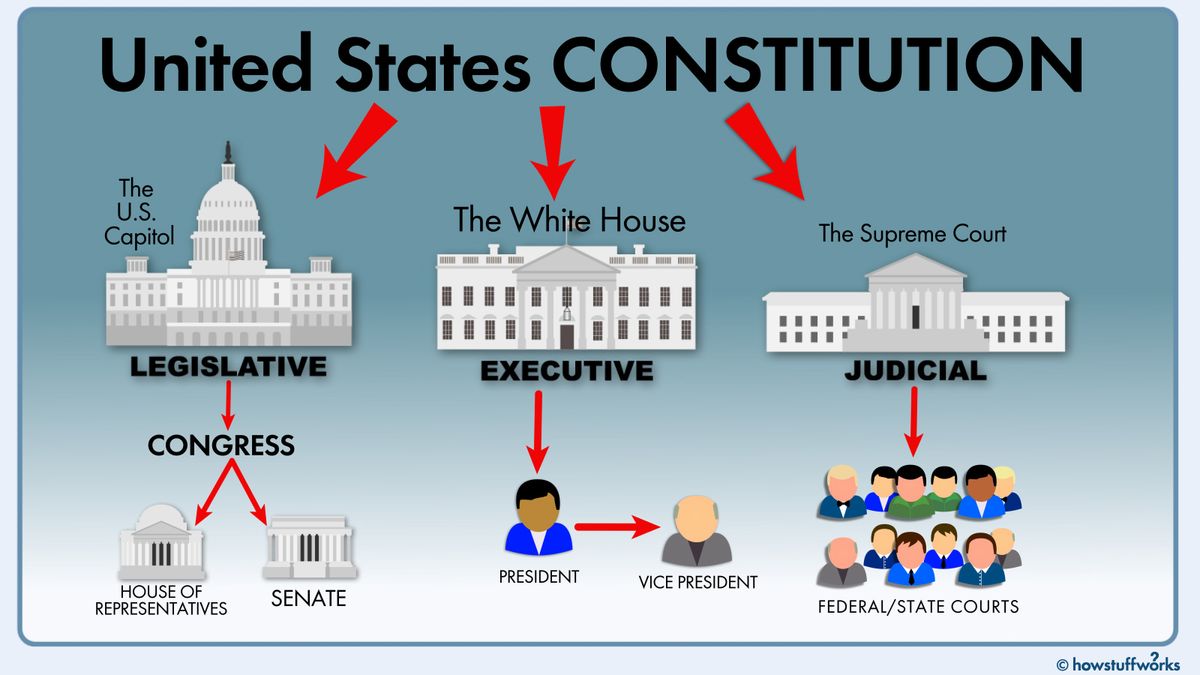Government boosts life skills education to empower girls

Enhancing Life Skills Education for Girls in Tanzania
As the world observes the International Day of the Girl Child, Tanzania is taking significant steps to enhance life skills education in schools. This initiative aims to promote gender equality and empower students, especially girls, to become confident, resilient, and active contributors to society.
The Tanzania Institute of Education (TIE) has been at the forefront of this effort. Dr Fika Mwakabungu, Director of Curriculum Training at TIE, emphasized the importance of equipping teachers with the necessary tools to integrate life skills effectively into the learning process. During a commemoration event on October 11, 2025, she highlighted the need to create gender-responsive learning environments that support all students.
In 2023, TIE revised its training policies to define seven core areas of life skills education. Teachers have been trained and provided with guides to implement these skills, with ongoing professional development supporting their integration into the curriculum. The competence-based curriculum emphasizes critical thinking and action, ensuring inclusive education for both boys and girls.
A monitoring system, including platforms such as Call Vox, tracks progress and gathers feedback. One key initiative is led by Room to Read, in collaboration with TIE, to develop education programs focusing on life skills, particularly for girls. These programs foster self-awareness, confidence, cooperation, and goal-setting.
Dr Mwakabungu noted that the day aims to help girls become self-aware, connect with others, and achieve their goals. Ms Catherine Kyando, School Quality Controller at the Ministry of Education, Science and Technology, commended the government for aligning reforms with Room to Read’s mission. She stated that the impact is visible, with significant progress being made in the country.
Room to Read Tanzania Country Director, Ms Joan Minja, said that girls, once marginalized, are now recognized as key drivers of development. “When you invest in a girl child, you help move the world forward,” she said.
From a legal and policy perspective, Mr Mathias Haule, Assistant Director of Child Rights and Development at the Ministry of Community Development, Gender, Women, and Special Needs, emphasized the Ministry's role in safeguarding child rights. He stressed the importance of protecting children from abuse to ensure they grow into productive members of their families and society.
“Children must be nurtured through education and faith, free from discrimination based on race, gender, or poverty,” he said, reiterating the government’s commitment to helping all children, particularly girls, reach their full potential. “I am the change; I live as a girl on the frontline,” he added, echoing the event’s empowering theme.
Meanwhile, Ms Hadija Hassan, GEO Programme Manager for the Gender Equality Portfolio, stressed the importance of addressing foundational challenges, including literacy and equitable access to education. “Development begins with an educated child. We envision a world without reading barriers and gender inequality,” she said.
GEO and Room to Read have reached over 45 million children across 28 countries, including extensive work in Tanzania’s four regions and 20 districts. Their efforts include supporting 117 government schools, with girls’ attendance and participation closely monitored to ensure sustained engagement.
Ms Hassan emphasized that equity means recognizing that needs differ. Even when a girl can attend school, factors such as menstrual health challenges may hinder her performance and lead to absenteeism.

Comments
Post a Comment